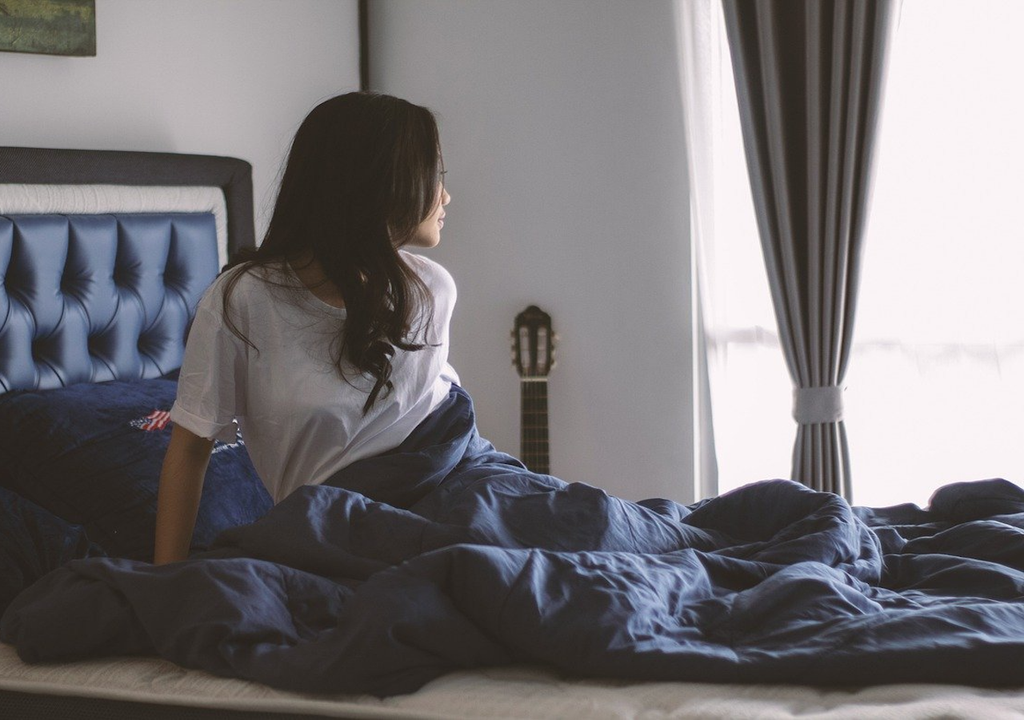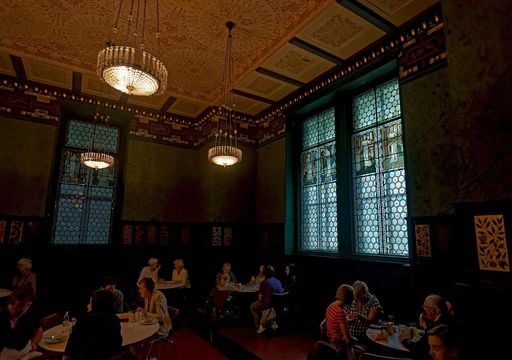How much light is too much in the morning for the best start to the day?
How you design your bedroom can influence how awake you feel in the morning. So should you opt for artificial or natural light?

How we design our spaces, especially our bedrooms, influences not only how we live day-to-day, but how we sleep and wake up in the morning. Starting the day well is important for a day to go right.
Have you ever thought about whether your blinds or curtains are really helping you wake up in the morning? It is an interesting question, that can only be answered at the convergence of design and human health research.
Modern life can make rest time much reduced, leading to more daily fatigue. Reducing screen time helps, but there are other factors at play too. Temperature, sound and light all contribute to a good or bad night’s sleep.
Artificial light vs natural light
Artificial light is often used to aid wakefulness in the morning, but how does it compare to natural light? That is what a team of researchers set out to discover at Osaka Metropolitan University.
The Graduate School of Human Life and Ecology student Xiaorui Wang and Professor Daisuke Matsushita examined whether using moderate light in the bedroom before waking up would improve wakefulness in the morning. The team conducted a randomised control clinical trial to gain some rigorous results.
To find out, they set up motorised closing devices with light-shielding curtains. This way, experiments could be set up for comparisons between 19 people under three conditions: natural light for 20 minutes before awakening, natural light from dawn until awakening, and no presence of natural light before awakening.
Measuring methods
The team used a survey and sophisticated equipment called an electrocardiogram and electroencephalogram. Participants were less sleepy in the first two of these settings compared to the third which had no presence of natural light.
The first option - natural light for 20 minutes before awakening - resulted in the most effective wakefulness results. The second option however, with natural light all the way from dawn until wake up, caused some adverse effects, as published in Building and Environment.
As a result, the team made the conclusion that natural light control can effectively improve the quality of waking up in the morning and that too much light exposure may actually harm this process.
“In the future, we hope to control natural light in the sleep environment as it changes with the seasons and time of day, and to clarify how to introduce natural light that is suitable for a more comfortable awakening,” stated Professor Matsushita.
Source of the news
Xiaorui Wang et al (2025). Natural light control to improve awakening quality. Building and Environment, Volume 273, 2025, 112733, ISSN 0360-1323. DOI: https://doi.org/10.1016/j.buildenv.2025.112733








